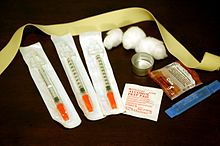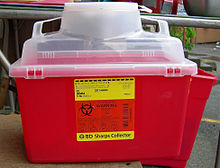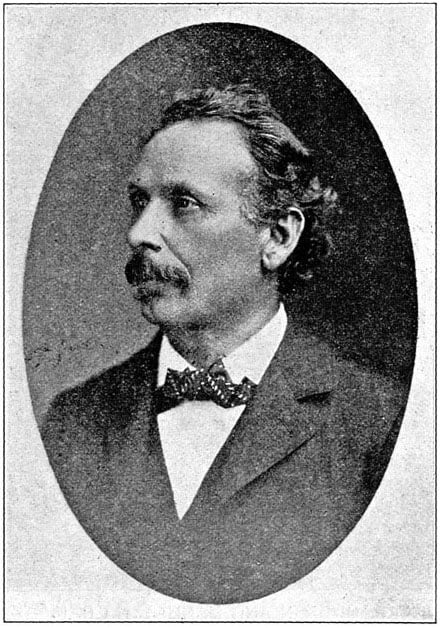Northern Kentucky’s rate of hepatitis C infection is among the highest in the country, with more than 1,100 cases diagnosed in 2015.
Efforts to help control and stop the spread of disease are underway, and the Northern Kentucky Health Department is now offering hepatitis C testing at its health centers Boone, Campbell, Grant and Kenton Counties.
Cases of hepatitis C continue to rise in Boone, Campbell, Grant and Kenton Counties. In 2015, a total of 1,132 people were diagnosed with either acute or non-acute hepatitis C, according to preliminary case reports. This is an increase of 27 percent from 2014, when a total of 891 cases were reported.

In 2014, Northern Kentucky had one of the highest rates of acute hepatitis C infection in the country, with a case rate of 10.9 per 100,000 population, compared to 2.68 per 100,000 in Kentucky and 0.55 per 100,000 nationwide (state and national rates for 2015 are not yet available).
To help further control the spread of hepatitis C and other infectious diseases, the Grant County Fiscal Court approved a resolution this week in support of a syringe access exchange program. Previous approvals from the City of Williamstown and Northern Kentucky District Board of Health mean that a program can operate within the city limits of Williamstown.
The Health Department plans to offer the program at its Grant County Health Center, located at 234 Barnes Road in Williamstown. An exact start date is to be determined.
“Our region’s on-going struggle with hepatitis C is closely tied to our high rates of intravenous drug use, especially heroin,” said Lynne M. Saddler, MD, MPH, District Director of Health. “People who use IV drugs can expose themselves to the disease when they share needles and syringes. Hepatitis C is easily transmitted from one person to another when injecting. We must employ specific tactics if we are going to stop the spread of this disease, including syringe access exchange programs, providing greater access to infectious disease testing and working to help people with addiction get both the medical care and substance abuse treatment they need.
“In Grant County, the hepatitis C testing will be available as part of a larger, more comprehensive syringe access exchange program, as well as for anyone else who wants to be tested. At the health centers in Boone, Campbell and Kenton counties, increased access to testing can still help individuals learn if they are infected, and if so, take steps to prevent further transmission.”
Hepatitis C is a contagious liver disease that ranges in severity from a mild illness lasting a few weeks to a serious, lifelong illness that attacks the liver. It is caused by a virus that is spread when blood from an infected person enters the body of someone who is not infected. Most people with hepatitis C do not have any symptoms. Some people, however, can have mild to severe symptoms soon after being infected, including fever, fatigue, loss of appetite, nausea and vomiting. Treatment is available, but left untreated hepatitis C can progress on to liver cancer or cirrhosis, resulting in the need for a liver transplant.
People often become infected with the hepatitis C virus through sharing needles, syringes, or other equipment to inject drugs or by getting tattoos or piercings with unsterile equipment—which are common sources of exposure based on the cases reported in Northern Kentucky.

Other less common methods of transmission include needlestick injuries in health care settings, being born to a mother who has hepatitis C, sharing of personal items–such as razors and toothbrushes–with an infected person, and through unprotected sexual contact with an infected person.
“If you are a current or former IV drug user, if you have liver disease or if you have HIV, you should get tested for hepatitis C. If you know someone in one of these groups, please encourage him/her to be tested as well,” said Saddler. “Diagnosis of the infection can be the first step in changing a person’s lifestyle to prevent serious damage to the liver and avoid passing the virus on to other people.”
Testing will be available to anyone who thinks he/she may be at risk of infection by calling for an appointment. Locations and numbers are listed below.
Boone County Health Center, 7505 Burlington Pike, Florence, 859.363.2060
Campbell County Health Center, 1098 Monmouth St., Newport. 859.431.1704
Grant County Health Center, 234 Barnes Road, Williamstown, 859.824.5074
Kenton County Health Center, 2002 Madison Ave., Covington, 859.431.3345
A vial of blood will be drawn for the test, with results available in a few days. Patients will be provided with education about hepatitis C during their visit as well. Fees for the screening will be charged on a sliding scale based on the person’s income and household size, as well as other services required. Kentucky Medicaid is accepted and will be billed for those who are eligible. No one will be turned away for inability to pay.
For more information on hepatitis C and other strategies to reduce infectious diseases caused by IV drug use, please visit http://www.nkyhealth.org.
From the Northern Kentucky Health Department

















